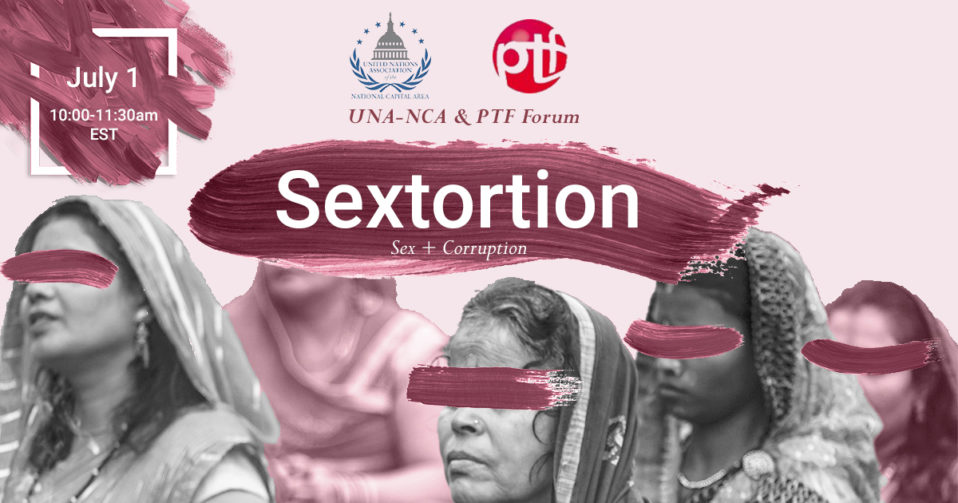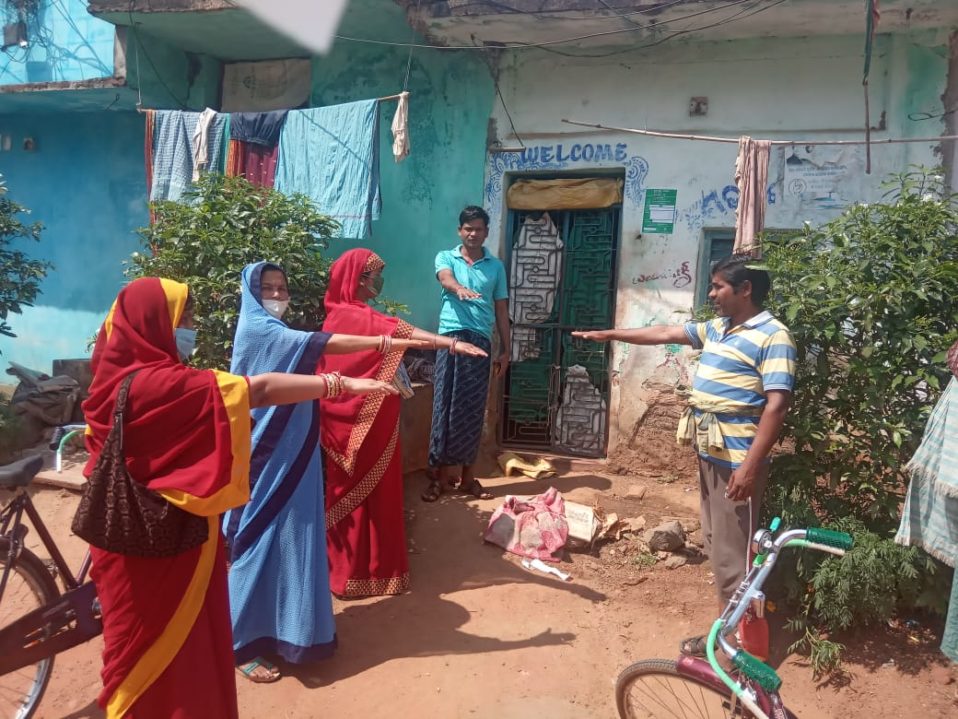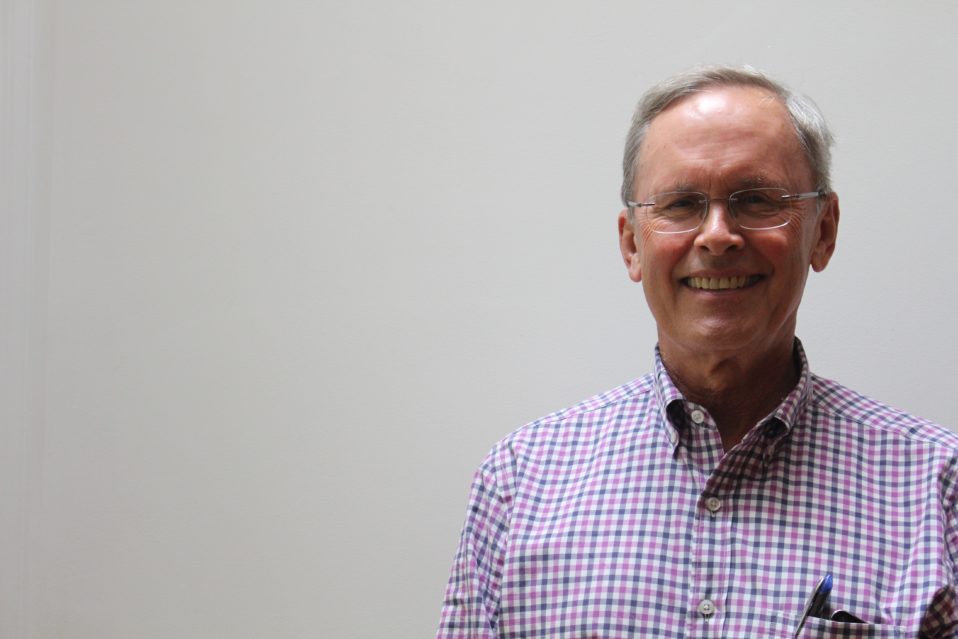The pledge by G7 leaders to donate one billion COVID-19 vaccine doses to countries in need is laudable, but must be coupled with a strategy to ensure equity, integrity, and transparency of distribution campaigns, according to PTF advisers.
Equitable COVID-19 Vaccination: How CSOs Can Help Make It Happen
In order to enhance the equity and effectiveness of COVID-19 vaccination campaigns in developing countries, global leaders must enact an international initiative promoting civil society involvement and citizen engagement in vaccine distribution.
Challenge One: Confronting The World’s Unprecedented Humanitarian Crisis
The world faces an unprecedented humanitarian crisis. The impact of the pandemic on middle- and low-income countries is significantly greater than the enormously challenging situation in Western industrial nations. It is too early to gauge with any accuracy the full scale of the global humanitarian crisis, but not too late to focus public attention on the essential actions that are needed to mitigate the crisis. However, the governments of the Western wealthy countries are so preoccupied with striving to deal with all the bitter consequences of the pandemic in their own countries that they have failed, so far, to address meaningfully the unfolding development crisis that may well set the poorest nations back by at least a decade, if not more.
Maximizing Citizen Engagement to Beat COVID
As governments and the international aid community scramble to respond to the COVID-19 pandemic, direct citizen engagement in public health programs has already had a demonstrable positive impact on the success of these programs. While governments in both middle-income and low-income developing countries face the pandemic with support from international aid agencies, the large-scale, rapidly disbursing programs strain weak public delivery systems and provide massive opportunities for fraud and corruption.
PTF and Poder Ciudadano Launch COVID-19 Procurement Oversight in Argentina
SEXTORTION: A Crucial Global Humanitarian-Corruption Challenge
On July 1, 2020, the Partnership for Transparency (PTF) and the United Nations Association of the National Capital Area (UNA-NCA) hosted experts from Asia, Africa, Europe and the United States in a 90-minute conversation on one of the worst forms of corruption. Nancy Hendry of the International Association of Women Judges began using the term “Sextortion” a number of years ago to bring attention to practice of women being sexually exploited by corrupt actors, primarily men in positions of power. She joined a panel of experts to discuss the topic, including Francisca Chinelo Ekwonu, founder of New Girl on Campus; Dr. Ortum Merkel of the United Nations University; Marie Chêne, Research Director at Transparency International; Dena Shayne of the Amara Legal Center and Equal Justice Works Crime Victims Just Corps Fellow; and Nancy Hendry of the International Association of Women Judges. Indira Sandilya, a Senior Adviser at the PTF and Board Member of the Partnership for Transparency India also contributed to the conversation.




